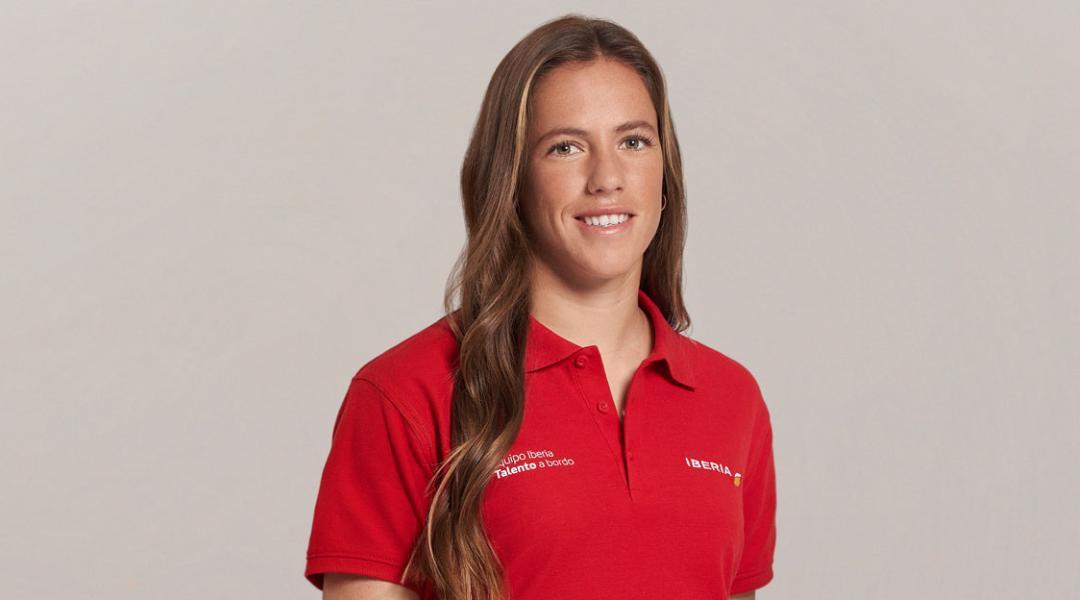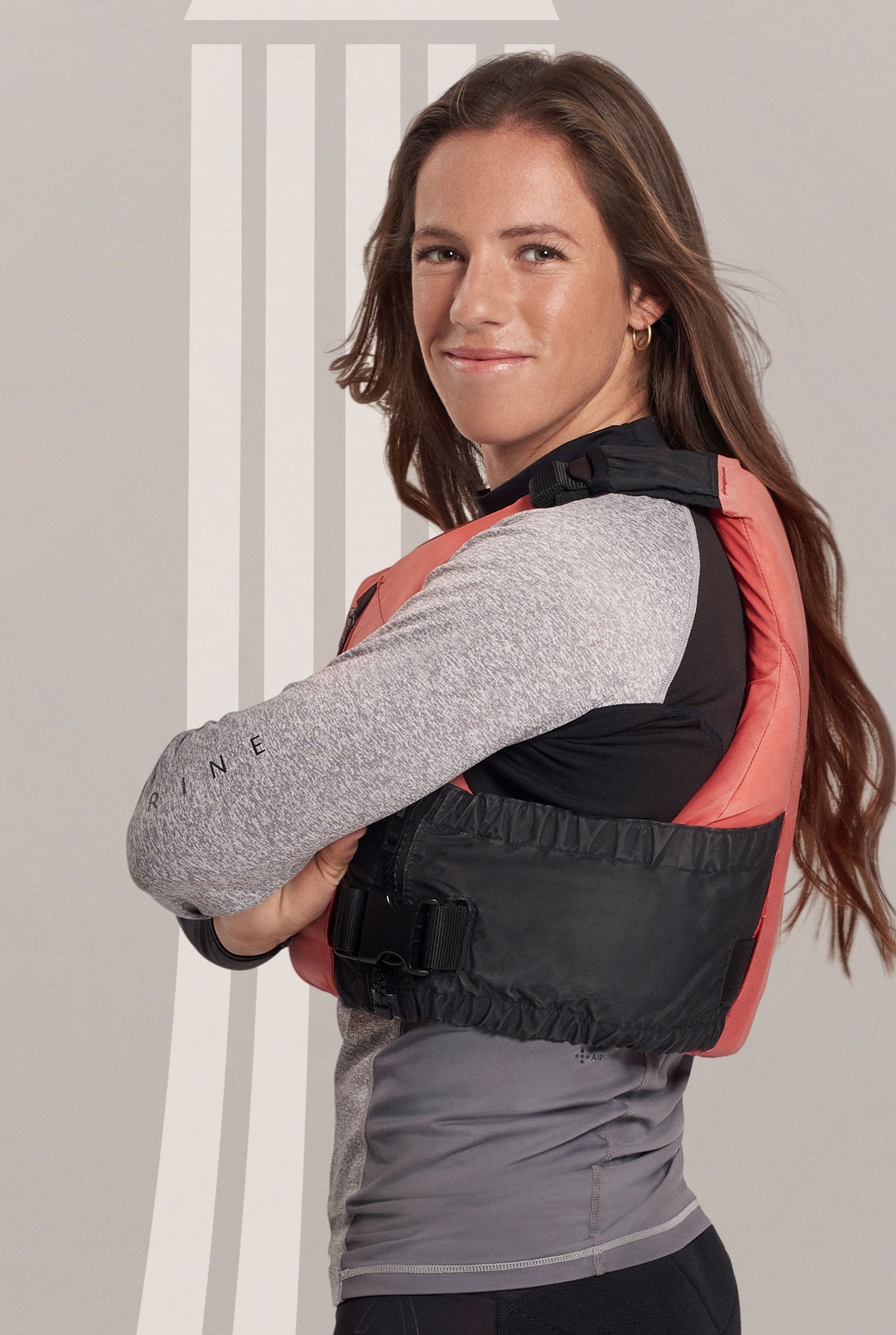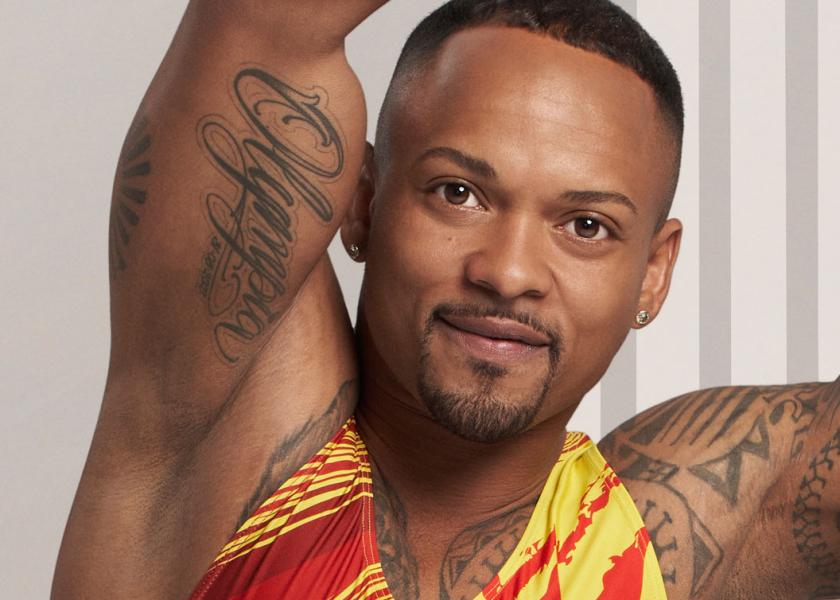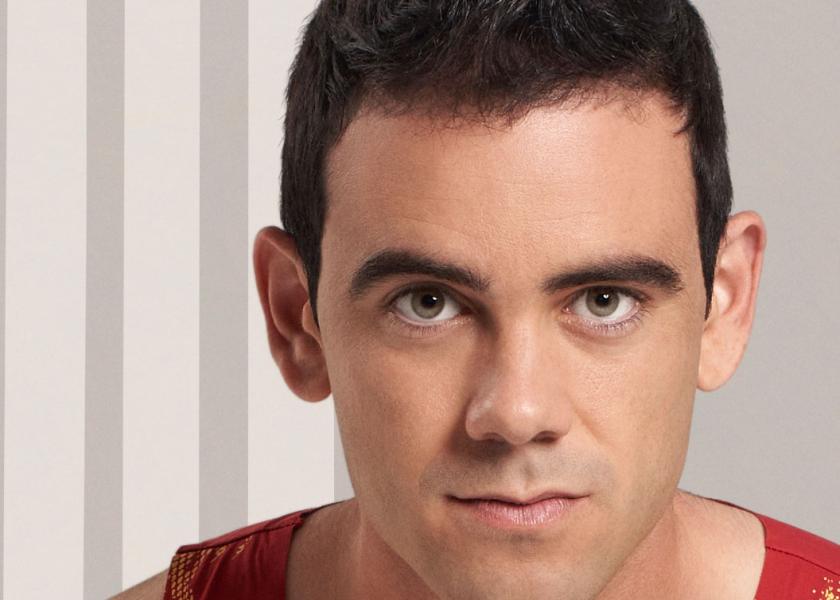Silvia Mas
With the wind in her sails

Since she was little, Silvia Mas learnt how to read the wind. The wind sometimes blows in your favour and other times against you, but it always brings good tidings. This is what one of the most award-winning yachtswomen in Spanish sailing believes. Not long after becoming the world champion in 2021, she suffered a severe knee injury. She spent almost a year off sick but considers herself ‘fortunate’ because she’s back stronger than ever.
During 2021, Silvia Mas (Barcelona, 1996) experienced the good and the bad of sport. In March, she became the world champion of sailing in 470 alongside Patricia Cantero. A victory that placed them among the favourites to win the gold at the Tokyo Games. In the end, these expectations fell flat, and these yachtswomen had to settle for 11th place. The year, which had started so well, also ended with a severe knee injury. On her return, after almost a year on dry landshe, had a big challenge ahead: starting to sail with Nico Rodríguez (who won bronze in Tokyo), given that her category became a mixed discipline, in a demanding sprint towards the Paris Games. Despite her efforts to reduce her lead-times and match the level of the best duos, the Royal Spanish Sailing Federation (RFEV) decided that Jordi Xammar and Nora Brugman would represent Spain at the Marseille Marina —a controversial decision taken nine months before the Games—. The setback was hard, but Silvia will continue to spar with the chosen pair with her sights already set on the America’s Cup that will be held in her hometown in 2024.
Passion for sailing runs in your family. Was it inevitable that you’d end up working in this field?
Yes, it was. Practically my entire family, both on my mother and my father’s side, were sailors. In fact, at my house we had to sail until we were 18; then we could each do what we saw fit. My parents considered it a form of education, because of the values the sport instils.
Your mother, Silvia Depares, was world champion of the Optimist category in 1980. Has she been your biggest role model?
Without a doubt. My mother was an Optimist coach [the class in which sailors begin to compete, from six to 15 years of age] and taught me everything. Having a sailing role model by your side since an early age is incredible. Winning that World Championship is tough, and she did it, which I have not. She was also the second woman in history to win an absolute Optimist Spanish Championship, and I was the fourth —we both beat the boys—. When it happened, everyone referenced my mother. She was a pioneer.
“At my house we had to sail until we were 18. My parents considered it a form of education, because of the values the sport instils”
What was growing up surrounded by sailors like? Did the competition, perhaps even rivalry, with your siblings make you a better athlete?
At home there’s always been lots of competitiveness. And yes, also rivalry between siblings to see who was better and won more titles. It didn’t matter if you were a boy or a girl, older or younger, you had to be the best. When we were little, we used to be extremely competitive, but it was healthy rivalry, and it has shaped our character. I attribute many of my athletic successes to that rivalry with my siblings, it wasn’t about beating you to prove you’re worse, but rather beating you because I want you to be better. They still help me today.
Throughout your successful career, apart from that sibling rivalry, which has played a bigger role: talent or hard work?
Talent is essential, and it can pave the way for you, in a way. But it’s also a double-edged sword because, no matter how talented you are, if you don’t work hard at it, you won’t achieve anything.

Yachtswoman Silvia Mas became world champion of 470 in Vilamoura (Portugal) in 2021.
After the Tokyo Games, you tore your cruciate ligament in your knee and spent almost a year on sick leave. Was that particularly tough mentally?
People would tell me I was dealing with it really well, but it was quite hard. And not just because of the sport. I’m a really active and independent person and I felt guilty about needing other people’s help (from my partner, friends, and family). That, on top of not being able to compete, which is the driving force of my life, you can imagine. Time went by and I wanted to get back into it, but my physical trainer kept telling me to stay in the gym. It was a mental battle because, if it had been up to me, I’d have been back in the boat on the very first day. I’d never been injured before, and even though it sounds crazy, I feel fortunate to have seen the other side of the coin. I’ve experienced a different chapter in my life and now I feel mentally stronger to face the tough times that may come in the future.
“Talent is essential, but it’s also a double-edged sword because, no matter how talented you are, if you don’t work hard at it, you won’t achieve anything”
After you recovered, you started training with Nico Rodríguez. Is sailing with a man very different?
Sailing with a man is different —I don’t want to say that it’s better or worse— and it has allowed me to see things from a different perspective. We’ve only been able to compete together for one year because, as we were saying, I injured my cruciate ligament and then Nico had back issues but, despite this, there are lots of positives. Nico has shared the way he works and sees things with me, and that’s really enriching.
As you say, your time together has been marked by injuries. Has this forced you to skip stages?
Absolutely. In just a year we’ve had to match the level of other couples who’ve had more than two years to prepare. The good thing is that we managed it and we’ve been fighting for top spots at competitions.
“I understand that sailing is a tough sport to follow. In the end, we’re not on a field or in a stadium, we’re in the sea and it’s hard for the audience to see the competition”
But at the biggest competition of last year, the World Championship held in the Hague, you finished eleventh. Were you disappointed?
The World Championship lasted six days and until the last day, we were in fourth place, almost even with the third boat. In general, it was a good week, but on the last day there were unfavourable conditions, and we didn’t adapt well. Since all the boats were neck and neck, we fell down the ranking. It was a bittersweet feeling.
Sailing is a minority sport, and it only seems to be interesting every four years because, historically, it has brought a lot of medals to Spanish sports. Do you share this opinion?
I understand that sailing is a tough sport to follow. In the end, we’re not on a field or in a stadium, we’re in the sea and it’s hard for the audience to see the competition. Also, you need to understand the wind to know how championships work. But sailing is beautiful, and more and more people are discovering it. In 2024, the America’s Cup will be held in Barcelona, and I think this is really positive for our sport.


